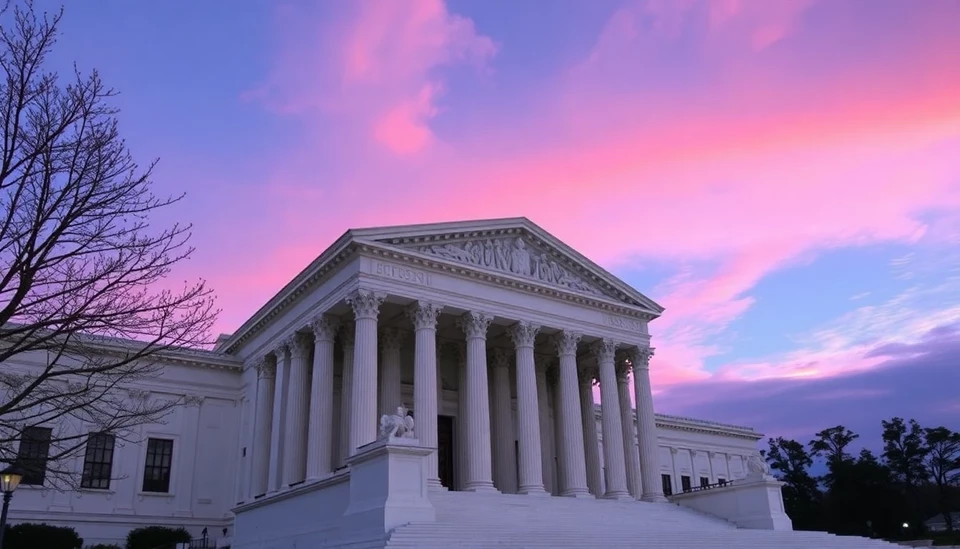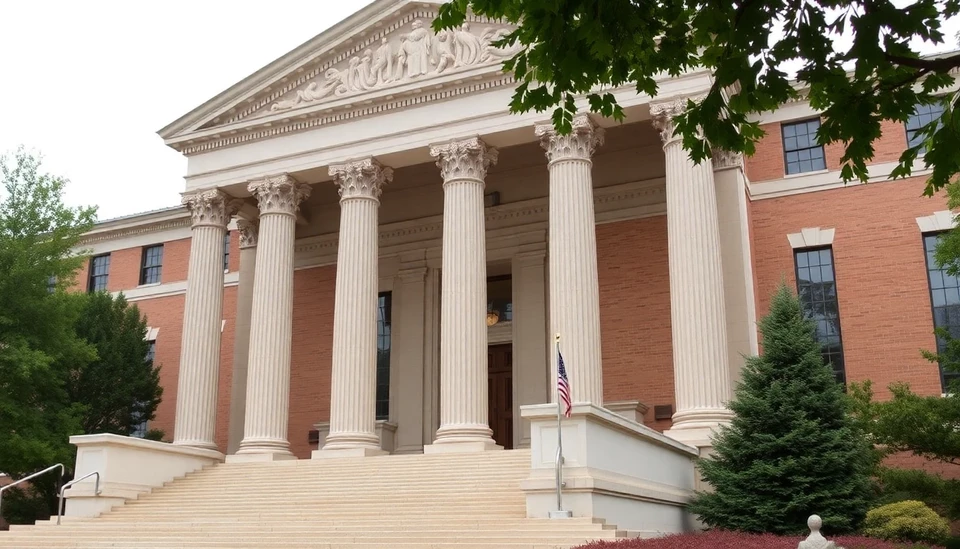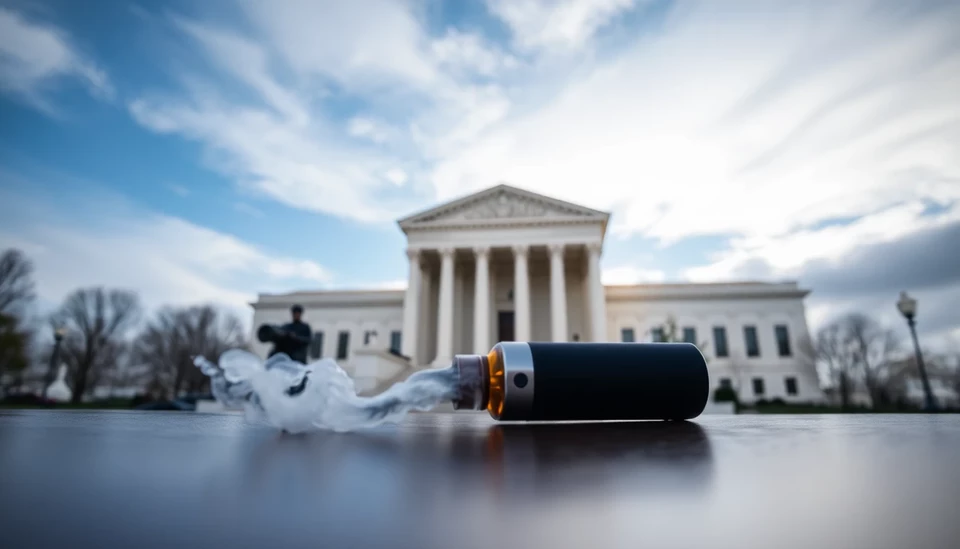
In a significant legal development for environmental regulations, the Supreme Court has recently decided to allow the Environmental Protection Agency's (EPA) authority to implement stringent emissions restrictions to remain in a state of uncertainty for the time being. This decision comes amidst ongoing debates over the extent of federal power in regulating pollution from power plants across the United States.
The Supreme Court's ruling effectively places a temporary hold on previous judicial decisions that sought to dismantle or limit the EPA’s regulatory framework aimed at curbing greenhouse gas emissions from existing power plants. This development is crucial given the impending timeline for climate goals set by the federal government in response to escalating climate change challenges.
This legal battle has emerged against a backdrop of intense political and public scrutiny over the Biden administration's approach to environmental policy. Critics argue that the administration's measures could impose excessive costs on the energy sector, while supporters assert that aggressive regulations are necessary to combat the severe impacts of climate change. The ongoing discourse highlights the contentious nature of environmental policy in America, revealing a deep divide among lawmakers, industries, and the general public regarding the best path forward.
The implications of the court's decision are profound. Legal experts suggest that the temporary pause allows for further examination of how the EPA's efforts dovetail with states' rights and the broader implications for energy generation, particularly for coal-dependent states and energy companies. The ruling may also set a precedent for how similar environmental regulations might be handled in the future, reshaping the landscape of environmental law and federal authority.
Activists and environmental groups expressed discontent with the Supreme Court's decision, emphasizing the urgency required to address climate change impacts. They argue that delays in the implementation of strong regulations may hinder progress toward achieving national greenhouse gas reduction targets, further complicating efforts to transition to cleaner energy sources.
As the nation awaits further developments, all eyes will be on the potential outcomes of future hearings and legislative actions aimed at defining the balance between environmental needs and economic interests. The debate is only expected to intensify as stakeholders across various sectors prepare to navigate the complex interplay of law, policy, and environmental stewardship in the coming months.
For now, the Supreme Court's decision stands as both a reaffirmation of judicial oversight in environmental matters and a call to action for advocates pushing for immediate legislative clarity. As the Biden administration continues to advocate for robust climate action, the path forward remains fraught with challenges and significant implications for all parties involved.
#SupremeCourt #EPA #ClimateChange #EmissionsRegulation #EnvironmentalPolicy #CleanEnergy #ClimateJustice
Author: Sophie Bennett




